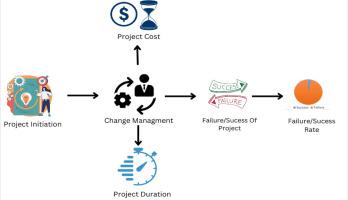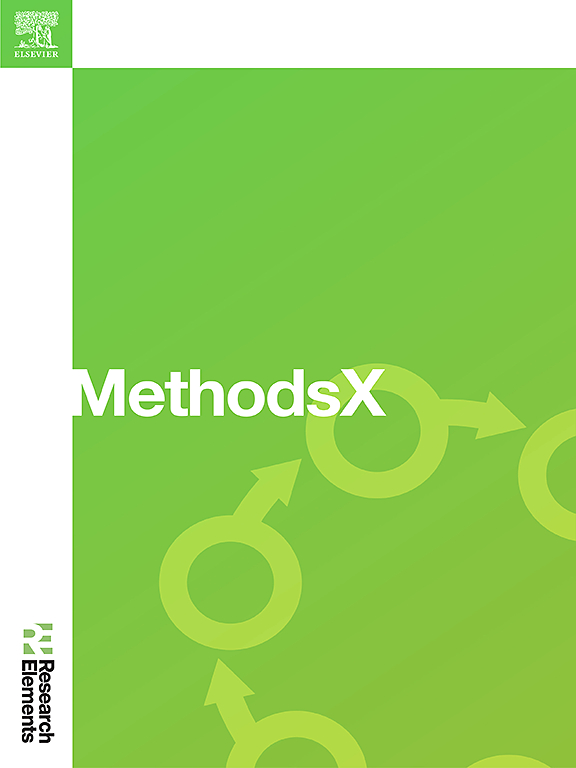探索变革管理框架:深入调查
IF 1.6
Q2 MULTIDISCIPLINARY SCIENCES
引用次数: 0
摘要
变更管理是软件开发生命周期(SDLC)的一部分,尤其是在具有挑战性的需求工程(RE)阶段。管理需求和纳入变更可能既复杂又苛刻,对项目持续时间、成本以及最终的项目成败都有很大影响。本研究论文旨在探索和分析有助于提高项目完成效率的各种变更管理框架,重点是最大限度地减少时间和成本估算,同时最大限度地提高产品质量。此外,本研究还调查了软件项目的成功率和失败率,特别研究了在全球软件开发(GSD)背景下确定变更管理框架和应对关键挑战的问题。本综述为在软件开发项目中实施有效的变更管理实践提供了宝贵的见解和建议,可促进变更管理的未来发展。本文回顾了各种研究论文,并指出了与时间限制、快速成本估算、已使用和排除需求的验证以及客户信息等现有框架相关的主要问题。我们相信,本文的发现有助于解决这些挑战,并通过审查需求变更管理框架的确定,缩短整体开发时间,提高项目成功率。本文章由计算机程序翻译,如有差异,请以英文原文为准。

Exploring the change management framework: An in-depth investigation
Change management is part of Software Development Life Cycle (SDLC), particularly during the challenging stage of Requirement Engineering (RE). Managing requirements and incorporating changes can be complex and demanding, Having high impacts on project duration, cost, and ultimately project success and failure, cost, and ultimately, the success or failure of the software project. This research paper aims to explore and analyses various change management frameworks that contribute to the effectiveness of project completion, with a focus on minimizing time and cost estimates while maximizing product quality. Additionally, this study investigates the success and failure rates of software projects, specifically examining the identification of change management frameworks and addressing critical challenges within the context of Global Software Development (GSD). This review provides valuable insights and recommendations for implementing effective change management practices in software development projects that may facilitate future advancement in change management. This paper reviews various research papers and identifies major problems associated with each existing framework on Time constraints, Quick cost estimates, Verification of used and excluded needs, and customer information. We believe that the finding of this paper helps to address those challenges and reduce overall development time and increase the success rate of projects through the review of Requirement change management identification of a framework.
求助全文
通过发布文献求助,成功后即可免费获取论文全文。
去求助
来源期刊

MethodsX
Health Professions-Medical Laboratory Technology
CiteScore
3.60
自引率
5.30%
发文量
314
审稿时长
7 weeks
期刊介绍:
 求助内容:
求助内容: 应助结果提醒方式:
应助结果提醒方式:


